May 21, 2024 | 03:10 GMT +7
May 21, 2024 | 03:10 GMT +7
Hotline: 0913.378.918
May 21, 2024 | 03:10 GMT +7
Hotline: 0913.378.918
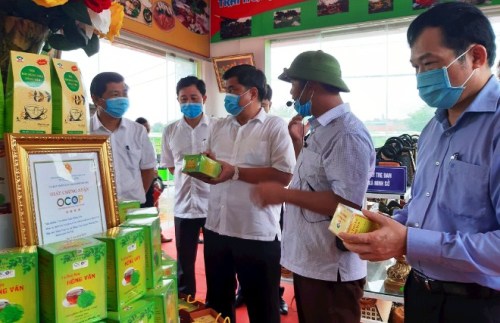
Inspecting OCOP products.
Now, the country just has some support policies for improving design and packaging, organizing trade promotion, creating product stories, and consulting on development orientation.
In the 2021-2025 phase, according to the Central Coordination Office (CCO) for New-style Rural Area Building under the Ministry of Agriculture and Rural Development (MARD), Vietnam will focus more on mechanisms and policies and application of science and technology to development of new products and improvement of quality.
When implementing OCOP program, Vietnam also learnt from the experience of other countries, including Thailand. It has developed a set of criteria to rate the OCOP products from 1 star to 5 stars. And OCOP products are recognized only if they earn from 3 stars.
4-star products are recognized by a provincial-level agency, and 5-star are recognized by a Central-level agency.
Among the 4,733 OCOP products we have, 63% are 3-star products, and only 75 are nominated to be rated as 5-star products.
According to statistics, products earning from 3 stars having favorable conditions to take part in commodity chains, especially supermarkets.
Vietnam is applying a 100-point scale. If a product scores over 90 points, it is rated as a five-star product.
The recognition of any OCOP program is valid for only three years. After that period, it will be re-evaluated. So if their quality improves, three-star products may become four-star products, and four-star products may become a five-star products. Products with low-quality will have their certificates revoked. Vietnam is now having 4,733 OCOP products.
In fact, the standards applied are really strict. Many products score over 90 points, but they are not rated as five-star products. They must be trusted by consumers. First of all, the products have to meet food safety standards. Second, the instructions on the labels have to strictly comply with the regulations of the State. In particular, priority should be given to products using local materials, local labor, and meeting environmental requirements. And the products must be environmentally friendly. By that way, they can develop an ecosystem.
CCO has made fact-finding tours in Ha Giang, Yen Bai, Lao Cai and Bac Kan, and realized that the OCOP products meet the requirements to be sold at such big supermarket chains as Saigon Co.opmart, Central Retail, Aeon or Vinmart. CCO concluded that, the OCOP certificate is like a passport for a product to enter a big supermarket chain, as vaccinated people can travel the world.
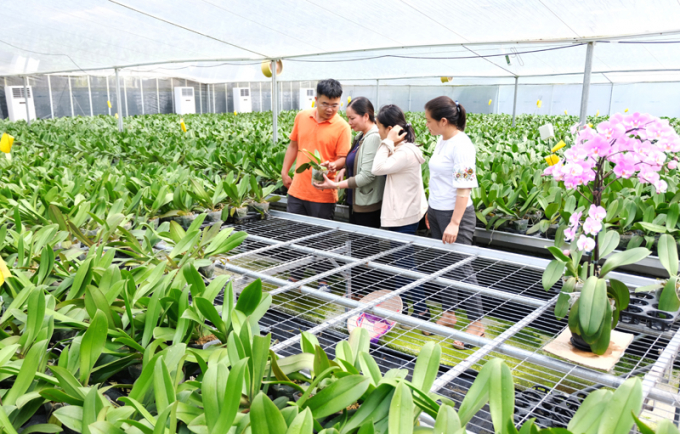
In a high technology agriculture park.
What’s more important is to win the trust of consumer. According to the Head of the Steering Committee for the Program on building new-style rural areas, Mr. Vuong Dinh Hue, the most important thing is to win the trust of consumers. We need to write stories about the OCOP products to win the heart of consumers. This should be promoted in the coming time, Mr Nguyen Minh Tien, head of the CCO says.
The OCOP program will focus on two things. First, a monitoring system is needed to ensure the quality of a product will be maintained and even improved after being rated. If the quality is not ensured, then the product should be excluded from the system.
Second, the program needs to help consumers understand that the products joining the OCOP program are strictly evaluated, inspected, and supervised by relevant agencies; and behind each product is a story about culture, an intangible value and a tradition.
Currently, the Ministry of Agriculture and Rural Development and the Ministry of Culture, Sports and Tourism are developing a project on rural tourism associated with innovation. They hope to integrate OCOP products into the project by forming ecosystems for tourism development and sell products at the same time. In the period of 2021-2025, they will focus on tourism services.
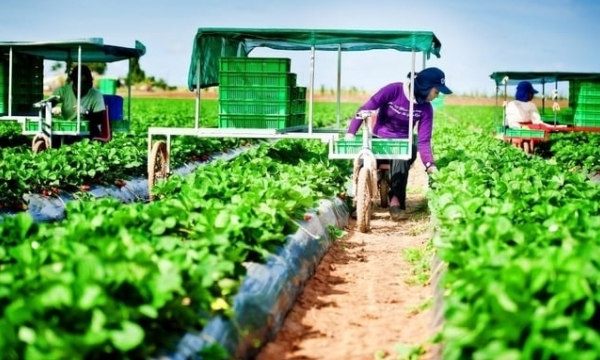
(VAN) According to the Ministry of Labor, Invalids, and Social Affairs, there has been a rise in fraudulent activities involving agricultural employment opportunities in Australia.
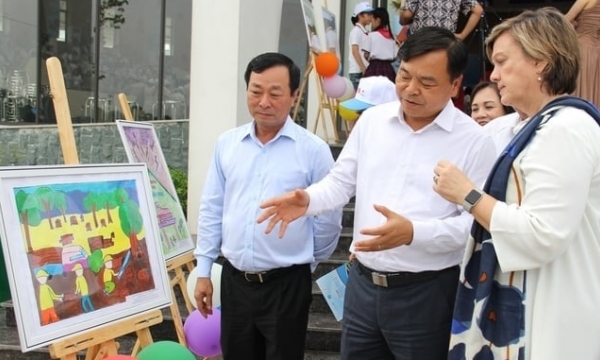
(VAN) According to Deputy Minister Nguyen Hoang Hiep, anticipatory action is a new approach in disaster management, with the aim of enhancing disaster prevention and preparedness.
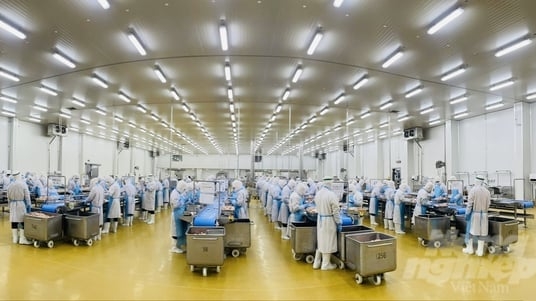
(VAN) The Ministry of Agriculture and Rural Development, in coordination with Tay Ninh Provincial People's Committee, organized a conference on May 18 to promote the export of animals and animal products.
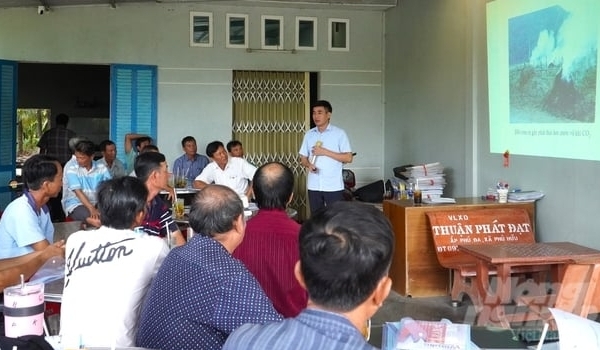
(VAN) From May 17-23, the National Agricultural Extension Center (NAEC) conducts training classes on the advanced rice farming process at 5 localities piloting for the 1 million ha of high-quality rice scheme.
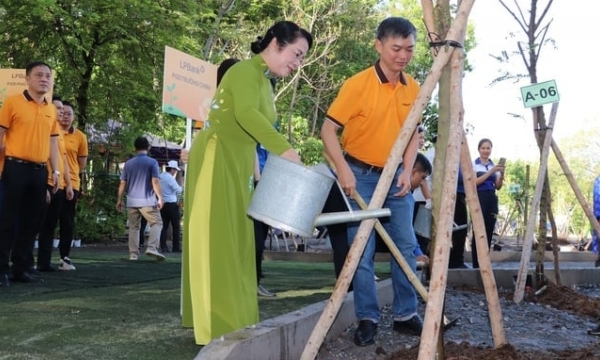
(VAN) Planting and expanding green spaces is a crucial effort to mitigate and adapt to the impacts of climate change, thereby creating a clean and livable environment.
/2024/05/17/5720-1-134847_782.jpg)
(VAN) EcoTraceTech - System for measuring CO2 and CH4 emissions from rice plants is the startup idea of a group of Can Tho University students.
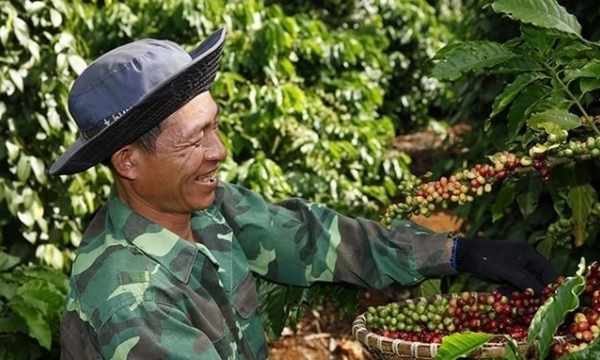
(VAN) The NESCAFÉ Plan by Nestlé Vietnam in the Central Highlands together with MARD aims to support coffee farmers in regenerative agriculture.